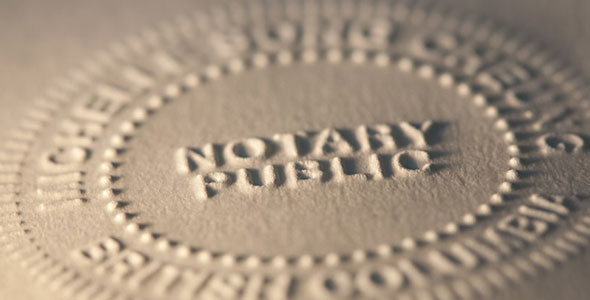Debunking Notarial Work: Simplifying the Function and Importance of Notaries
Their role, typically shrouded in mystery for many, lugs substantial weight in ensuring the validity and honesty of essential files. By deciphering the intricacies dropping and bordering notarial methods light on the importance of their acts, a more clear understanding emerges of the essential duty notaries play in supporting the textile of legal and lawful arrangements.
The Background of Notarial Job
The history of notarial job days back to ancient people, where scribes played an essential role in taping essential details and confirming papers. This led to the growth of notaries, individuals assigned by the state to act as objective witnesses in legal matters.
Throughout the Middle Ages, notaries acquired importance in Europe, with their features increasing to consist of drafting legal files, accrediting signatures, and maintaining documents. The surge of worldwide trade even more stressed the value of notarial operate in validating agreements and agreements across boundaries.
In the contemporary age, notaries proceed to play an essential duty in lawful and organization purchases by confirming identifications, confirming the credibility of documents, and avoiding fraud. Their role in accrediting the credibility of agreements includes a layer of safety and security and count on to the ever-evolving landscape of commerce and legislation.

Obligations and Responsibilities of Notaries
Notaries play a crucial duty in confirming the authenticity of documents and the identification of notaries. One of their primary responsibilities is to witness the finalizing of important papers, such as agreements, wills, and acts, to make sure that all events are entering into agreements purposefully and voluntarily.
They accredit duplicates of original records, supplying guarantee to organizations that the duplicates are true reproductions of the originals. On the whole, the tasks and responsibilities of notaries are crucial in securing the integrity and legality of different documents and deals - Apostille.
Notarial Certificates and Signatures
Exhibiting thorough interest to information, notarial certifications and signatures function as important elements in confirming the authenticity of legal documents. Notarial certificates generally have essential info such as the date of notarization, the names of the signatures, a summary of the file, and the notary's official seal. These certifications offer a clear record of the notarial act, making sure that the paper can be easily determined and traced back to the notary who managed the procedure.
Trademarks play a pivotal role in notarial job, as they represent the contract and permission of the events included. Notaries meticulously witness the finalizing of documents to validate the identification of the signatories and validate that they are signing of their very own free choice. By fastening their official seal and signature to the file, notaries accredit that the essential treatments have been followed and that the file is valid and enforceable.
Fundamentally, notarial certifications and signatures are the hallmark of credibility in legal deals, offering assurance to all events included that the papers are legitimate and binding.
Significance of Notarial Acts

Notarization Process Discussed
The notarization procedure commonly starts with the individual providing the file to a notary public. Once the identity is verified, the notary makes sure that the private authorizing the paper does so voluntarily and without any browbeating.

Conclusion

Notarial certificates commonly include critical information such as the day of registration, the names of the signatures, a summary of the file, and the notary's official seal. These certificates give a clear record of the notarial act, making sure that the file can be conveniently determined and mapped back to the notary that oversaw the procedure.
By attaching their official seal and signature to the document, notaries accredit that the necessary procedures have actually been adhered to and that the paper is legitimate and enforceable.
By verifying the identity of the signatories, validating their determination to get in into the arrangement, and accrediting the date and location of the finalizing, notaries play a crucial role in supporting the validity of lawful files.After the file is authorized, the notary will attach their main go to this web-site seal or stamp onto the file.